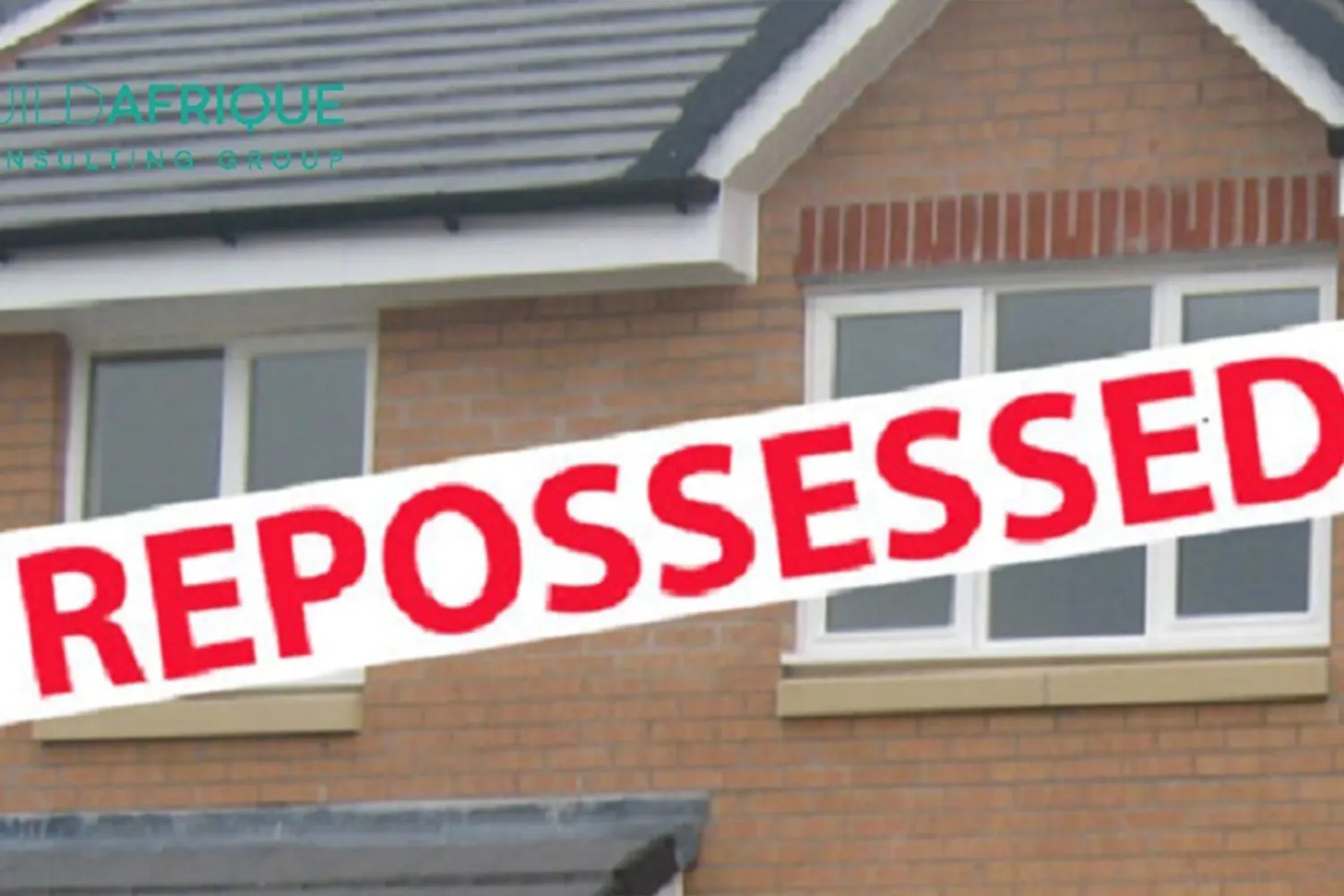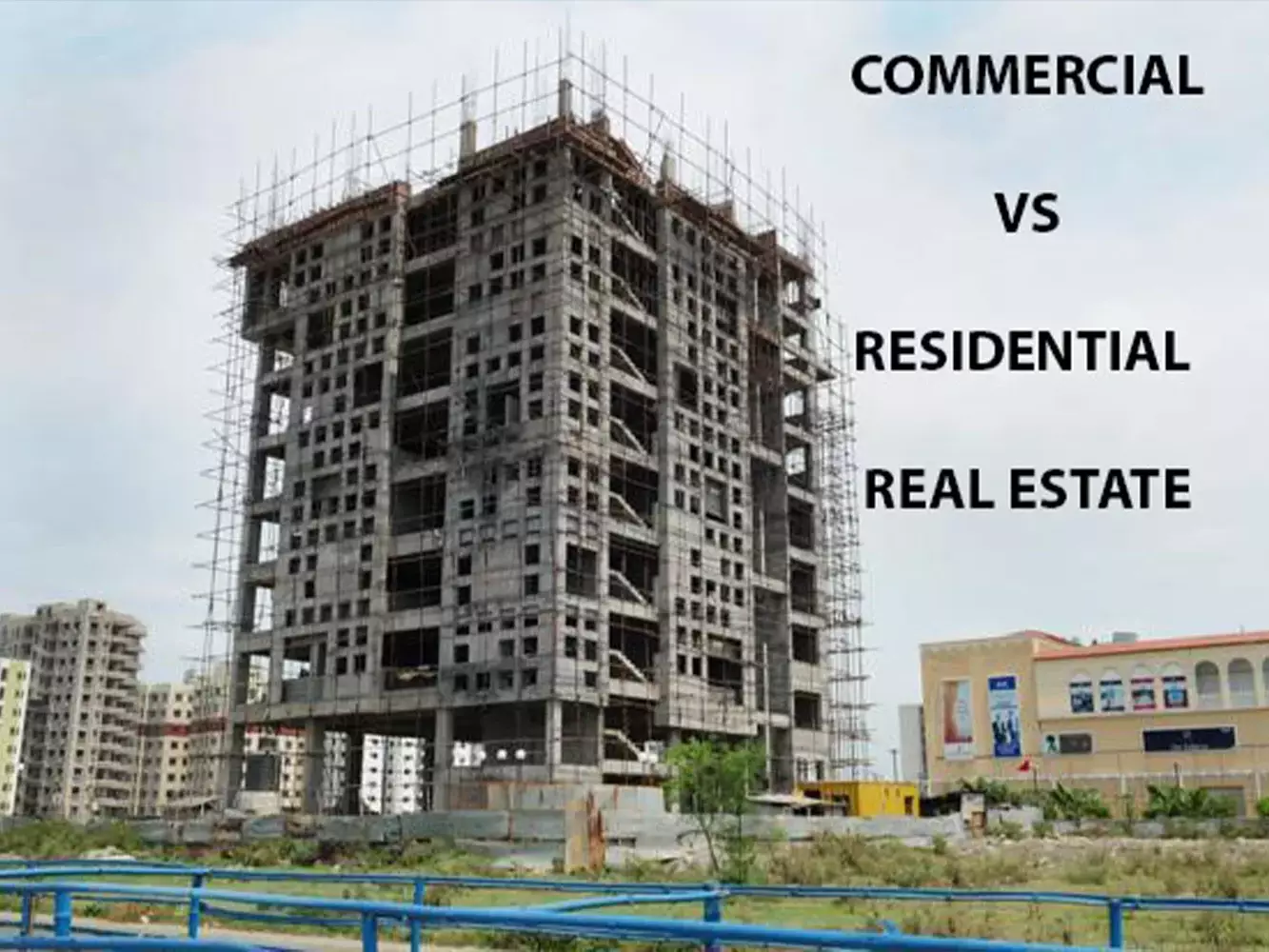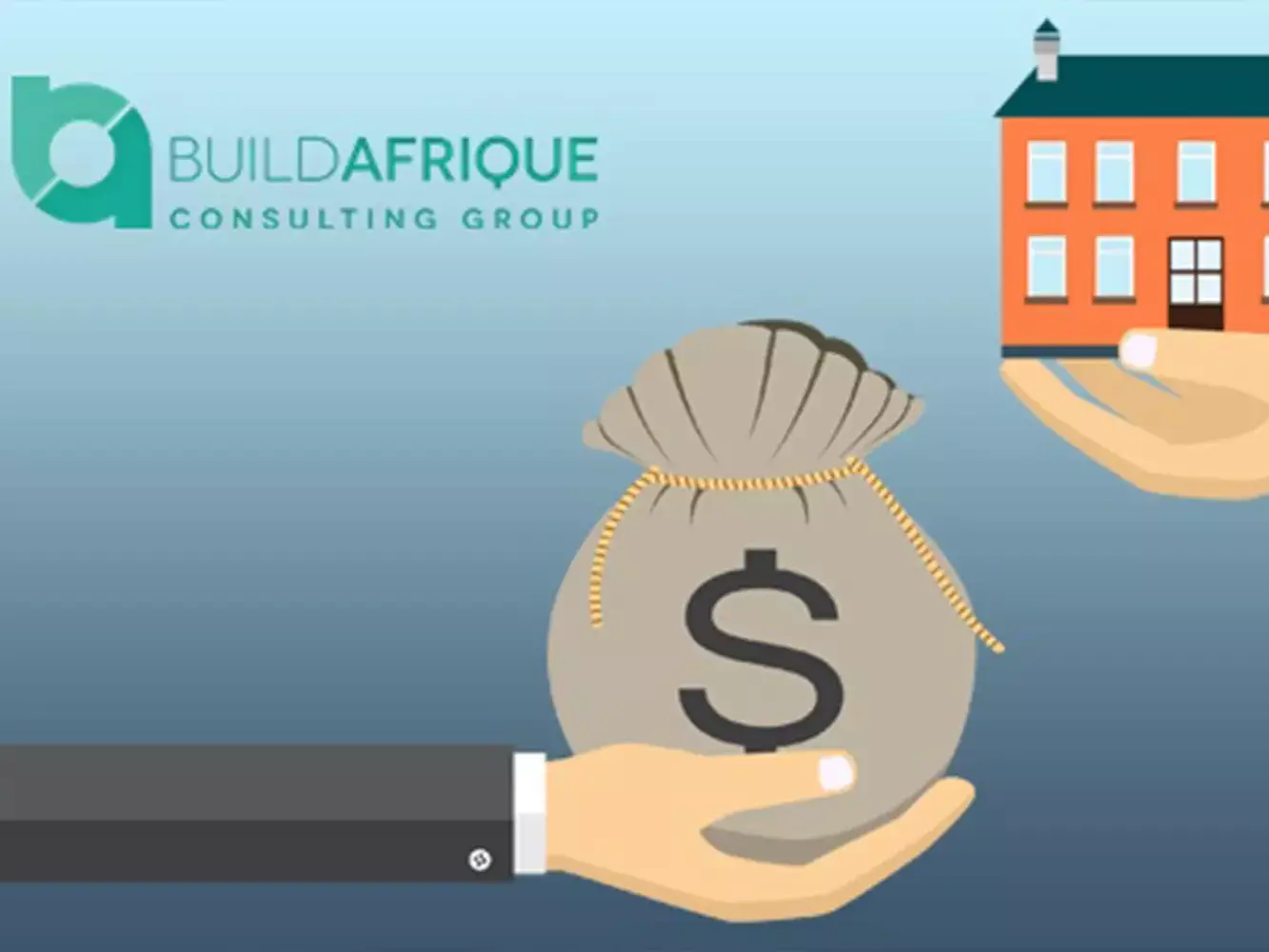Insights
Repossessed Property- Considerations to make before investing

One of the best ways to make money when buying a real estate property is to buy the said property below its market value. Typically, this happens in repossessed properties. A repossessed home is one the creditor takes back from a mortgagor through the foreclosure process owing to nonpayment. Characteristically, repossessed homes are categorized as non-performing assets. When selling, creditors are keen to recoup their losses, not make a profit. It is easy to get a bargain price when the amount owed to the lender is less than the home’s market value. One can acquire up to 30% discount off the prevailing market price or the figure recommended by a valuer. The other benefit of buying a repossessed home is the assured authenticity of the property title.
Purchasing a repossessed home involves more effort compared to the traditional home buying process. Nonetheless, reduced buying price warrants the additional energy and research needed before purchase.
Key things to take note of before a purchase include:
Property Condition and disconnected utilities
While the ‘as is’ mode of sale may seem attractive, it may present problems to the buyer if the condition of the house is appalling. Where a home has been repossessed, there is the likelihood that previous homeowners were falling behind on upkeep. Damages to look out for include mold, impaired plumbing, termites, wood rot, dented floors, leaking ceilings and the scope of the sewer. Vandalism is another concern associated with repossessed homes. When previous owners vacate, these homes sit abandoned. Opportunists may raid the property of pipes, electric wiring, and fixtures. It is advisable to visit the property accompanied by a builder or a valuer to ascertain its state. Investing in an inspection and an independent valuation will allow a prospective buyer make an informed decision. It is also necessary to take account of utilities that may have been cut off. For example, electricity may have been disconnected from the primary power source.
The Bargain
As earlier mentioned, it is possible to pick up distressed homes at up to 30% off the recommended value. This, however, does not make the price a bargain. By nature, repossessed homes tend to be poorly maintained. It is important to compare prices and conditions of similar property in the area before viewing the repossessed property. On inspection, the buyer should be able to tell if the price is a bargain or not. It is advisable to make a 15-20% contingency allowance in the repairing budget and to make a low ball offer at least 25% below the property value or more if located in an area with high rates of repossession. In most sales, repairs are unaccounted for in the asking price. Interestingly, the seller may not be willing to offer a discount where this is the lowest price acceptable.
Debts
Back taxes and unpaid debts may further add costs to an otherwise desired home. Obligations may be in the form of overdue home maintenance and block management fees, utility service fees among others. Before purchase, one must ensure that all debts linked to the property are discharged.
Terms of purchase, financing and mortgage complications
 Repossessed homes may be sold through auctions. In Kenya, a buyer is required to make a 25% down payment on the property while the balance is paid off between 14 to 28 days. Usually, there is competition from other prospective buyers who make all-cash offers. It is essential to identify a source of financing and to determine one’s mortgage qualifying range with the help of a mortgage lender. However, buyers should note that lenders might hesitate to loan money to buy a home that appraises low.
Repossessed homes may be sold through auctions. In Kenya, a buyer is required to make a 25% down payment on the property while the balance is paid off between 14 to 28 days. Usually, there is competition from other prospective buyers who make all-cash offers. It is essential to identify a source of financing and to determine one’s mortgage qualifying range with the help of a mortgage lender. However, buyers should note that lenders might hesitate to loan money to buy a home that appraises low.
Buying timeline flexibility
When considering a purchase, buyers should be ready to act quickly, but not be in any specific rush to close the sale. A seller may be discontented with offers made and decide to hold on to the asset. In such cases, the transaction falls through, and buyers are forced to wait for months before the property is put up for sale. Likewise, if there are timeline emergencies such as the disposal of a current home, a repossessed property may be an impossible buy.
While repossessed homes may seem attractive, costs and underlying damages easily make them undesirable to buyers. On the other hand, they may be fantastic deals if proper due diligence is conducted. In cases where savings are made during a purchase, there is a likelihood of the asset appreciating and a consequent gain on investment if sold at market price.
Related
Insights
Commercial Real Estate Development Vs Residential Real Estate Development in Kenya
Commercial real estate investment in Kenya is classified as property assets primarily…






